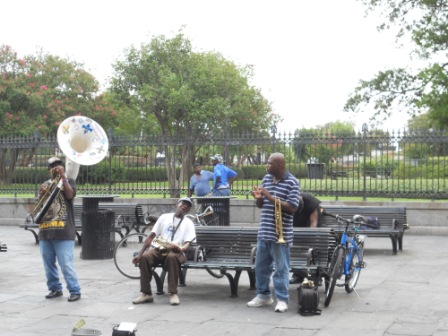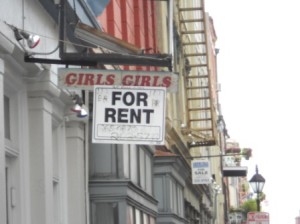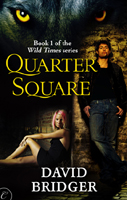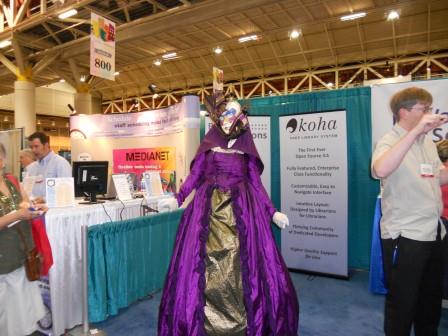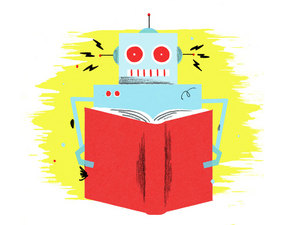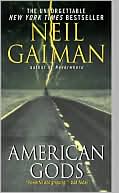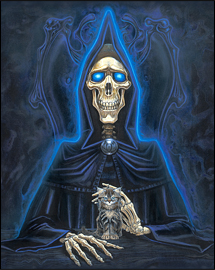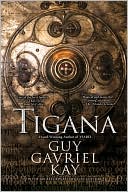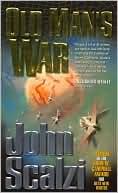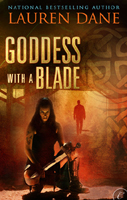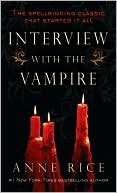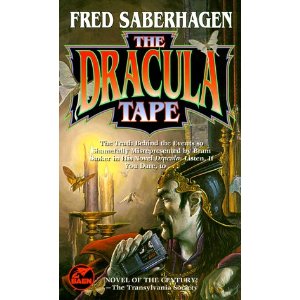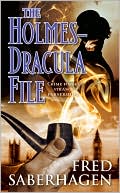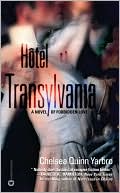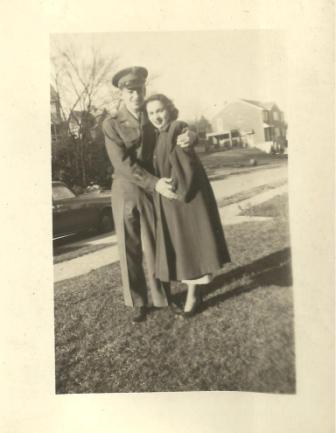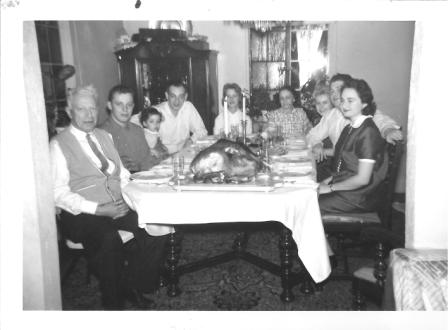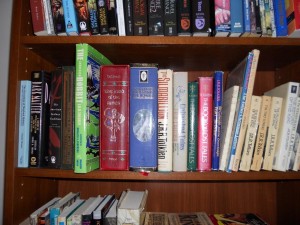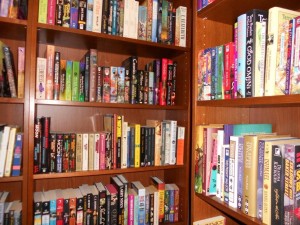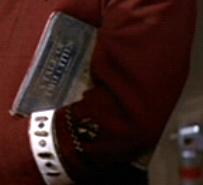There’s a phenomenon that I call the “conference halo effect”. I think it happens to most of us, or at least I certainly hope so. The alternative would be unbearable.
While I’m at the conference, I’m energized. This is in spite of the fact that my feet are usually speaking to me, and what they are saying translates into “expletive deleted”.
The panel discussion that I participated in on Leading Technical Services in 2011 was very well attended. The room held 150, and we nearly packed it, but didn’t overflow. It was just right. The audience laughed in all the right places, and asked great questions. And if the person in the second row on the right with the wonderfully encouraging face is reading this, my heartfelt thanks. I had practiced one last time while sitting somewhere in the conference center and the gentlemen in the chair next to me fell asleep while I was practicing somewhat sotto voce. Having someone in the audience who looked eager to hear me was a much better confidence builder!
My fellow panelists, Anne McKee and Peggy Johnson, were terrific. Peggy even acted out her slides when the PowerPoint gave up the ghost. Her performance was truly inspirational in more ways than one. Peggy didn’t just talk about leadership, she demonstrated it right there. And the coverage by American Libraries in their blog was awesome.
But every moment in the conference presented opportunities to see or hear something new – be it in the form of workshops, stalls or pull down banners, or if it was something to take back and work on, or a commitment that needs to be met in the days and weeks ahead.
At the time I was in New Orleans, every time I was in a meeting, or right after I finished a meeting with someone, I would send myself an email labeled “note to self” with the action item in the email. The joy of a 3G iPad is that I always had connectivity. (My hotel room wifi was iffy at best) Because of the “halo effect” energy of the conference, everything seemed both easy and possible while I was in NOLA.
And the biggest problem with actually being on a committee (I’m incoming Chair of the new ALCTS Affiliate Relations Committee) is that I didn’t get to half the places I wanted or needed to get to. My list includes a lot of entries that say “find out what happened at X session” that I wasn’t able to attend. But it’s all part of the ALA experience–except for the no conflict times, every time slot has 3 things you want to go to, and they are generally as far apart as geographically possible.
Now I’m back, and that mountain of “notes to self” is in my inbox. The halo has worn off. Those things don’t seem so easy anymore. But they are still possible. Even more important, they are still necessary. They are commitments I made to myself, and to others, of things that need to be done.
Time to dig in. I think I see a LOT of Diet Coke in my future.


